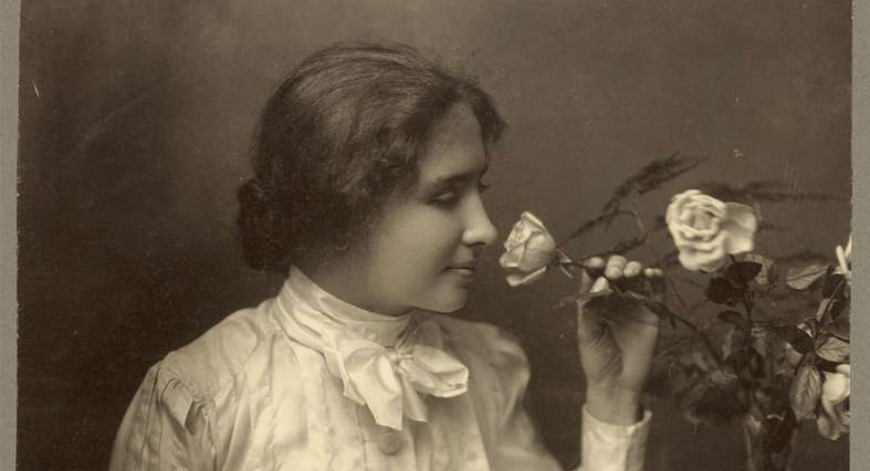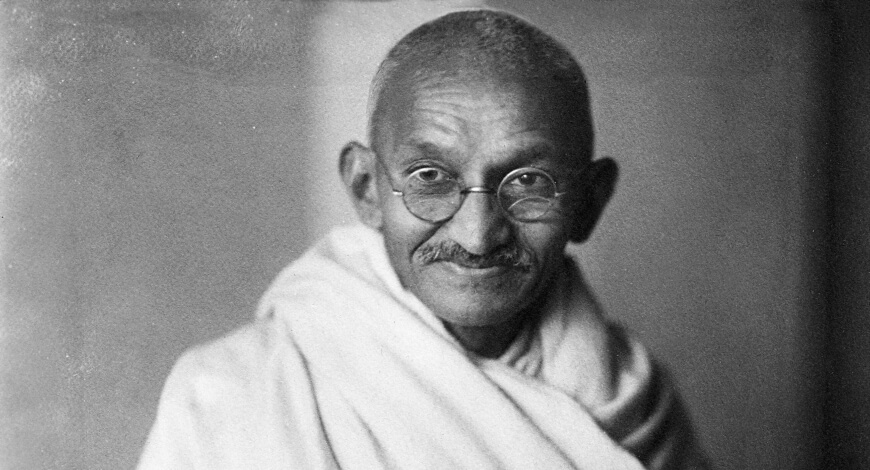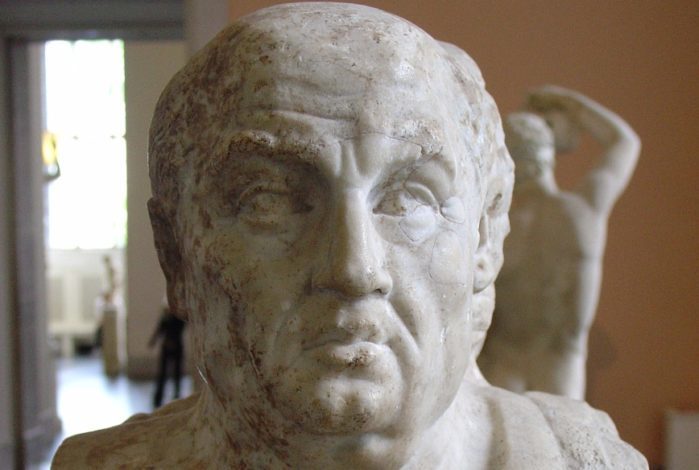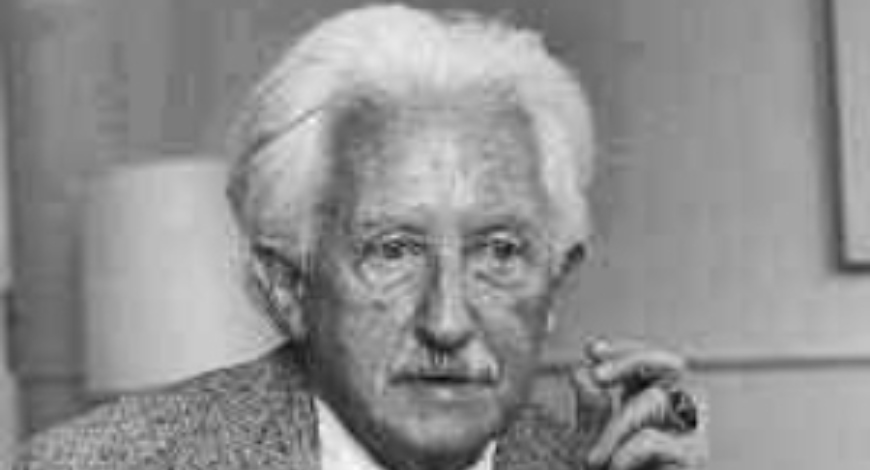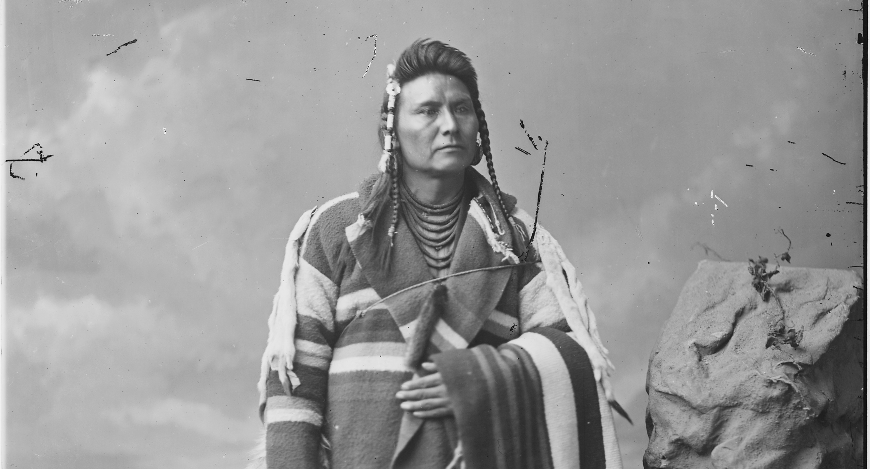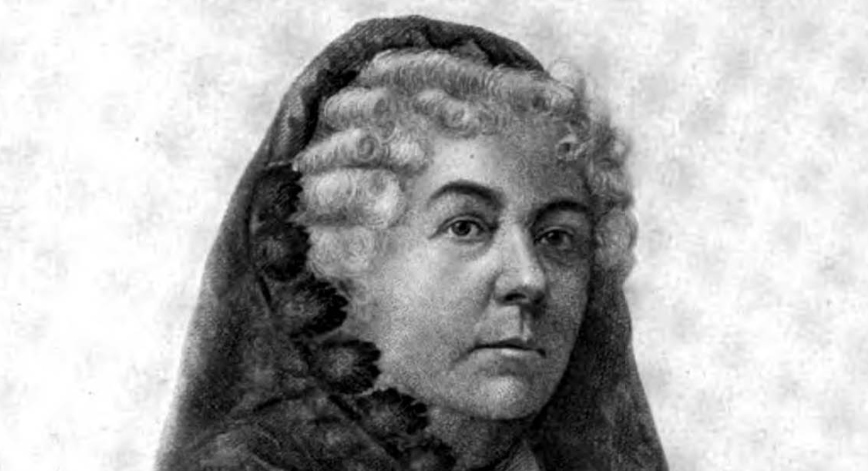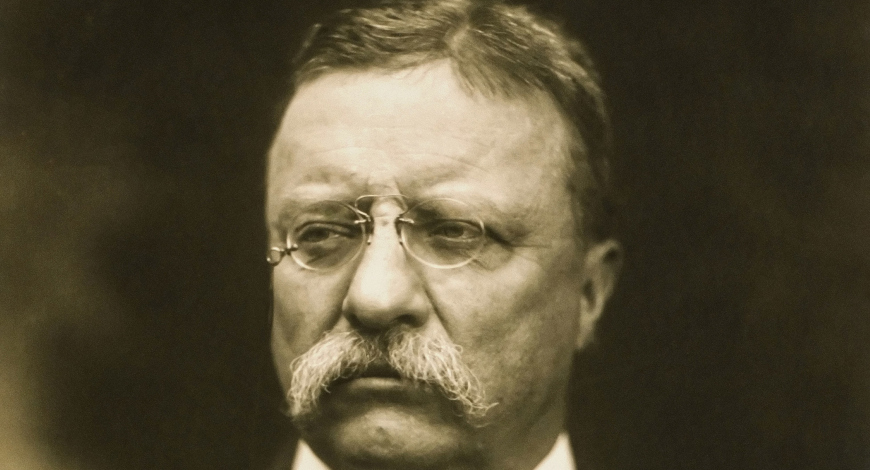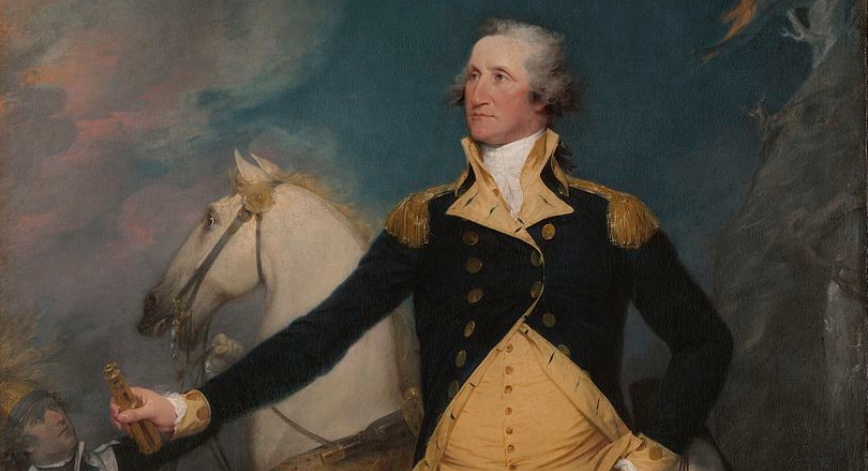Cooperation is not a foreign concept for students. They are told at all stages of life that it is important to cooperate with others. It is also the case that they are expected to be self-reliant and not afraid to accept the hard work that comes with doing things alone.
Sacrifice requires that we do things today that don’t have immediate benefits for ourselves; but help others instead. Students have generous hearts but, for the most part, are focused on their own successes and sometimes resist the moral obligation to sacrifice for others.
One of the hardest skills to develop is the ability to see the world from different perspectives. This skill is especially difficult during crises like the Coronavirus where all around us we see despair, social dislocation and loneliness. Everything tells us to lose hope. It is during these hard times, however, that we have fresh opportunities to see differently in ways that can improve our mental health.
All students have run across “know-it-alls”. They might be one themselves. They walk into a room and express supreme confidence with their knowledge. Being humble is seen as a sign of weakness. Then there are those timid students who wait patiently, ask questions and only speak when they are certain of something. Confidence and humility are noble traits. The life-long challenge is striking the right balance between the two.
When students interact with others, they have lots of moral decisions to make. It’s hard for them to decide exactly how to treat other people, especially strangers, since many times they don’t have much information to go on and so they must rely on their intuitive judgements and best guesses. How they decide to act reflects deeply upon their characters.
We experience life with other people. This is true in our families, schools and workplaces. We are taught the importance of being individuals and being responsible for our own actions, yet many of our life experiences involve others and our successes and failures are determined by how well we are able to work with other people.
Every student knows a little something about enemies and conflict. They don’t get along with everybody and these inevitable conflicts force them to make choices about how to treat other people. These choices have real consequences as they impact their capacities to build and sustain friendships.
Building healthy human relationships requires really good communication skills. To master the skill of communication students must figure out not only what to say but also how long they should talk. Speaking too much raises suspicion in many settings whereas speaking too little leaves the listener confused and needing more. Finding the right balance here holds the key to forging short and long-term relationships based on trust.
Students must make decisions in life about how to treat themselves and others. There is a tension here in deciding whose needs should assume greater importance. Sometimes the selfish instinct takes over, other people are shut out and there is a laser-like focus on individual needs. Other times the selfless attitude leads the way. Making wise and balanced decisions about when to serve the self and other people is an important component to living a good life.
Self-discipline is hard for students. It requires that they shut out distractions, develop routines and exercise impulse control. Authority figures tell students that self-discipline is worth it, that at the end of the day their work will be rewarded. But it doesn’t feel that way sometimes because the pay off is way down the road.
Kids are in the midst of making so many ethical choices about the types of people they should be hanging out with. There is peer pressure to spend time with friends who may make questionable life choices but whose approval is important for a child’s self-esteem. Friendship advice from parents, coaches and other authority figures often go unheard because they conflict with what kids believe inside. Decisions on which company to keep are never easy but they are integral to the healthy moral development of human beings.
Life throws unexpected events at us which take us by surprise. When crisis happens, we feel out of control. We are left to react in the best ways we can to protect ourselves and improve our situations, but we often feel like our actions don’t matter in the face of an indifferent world.

